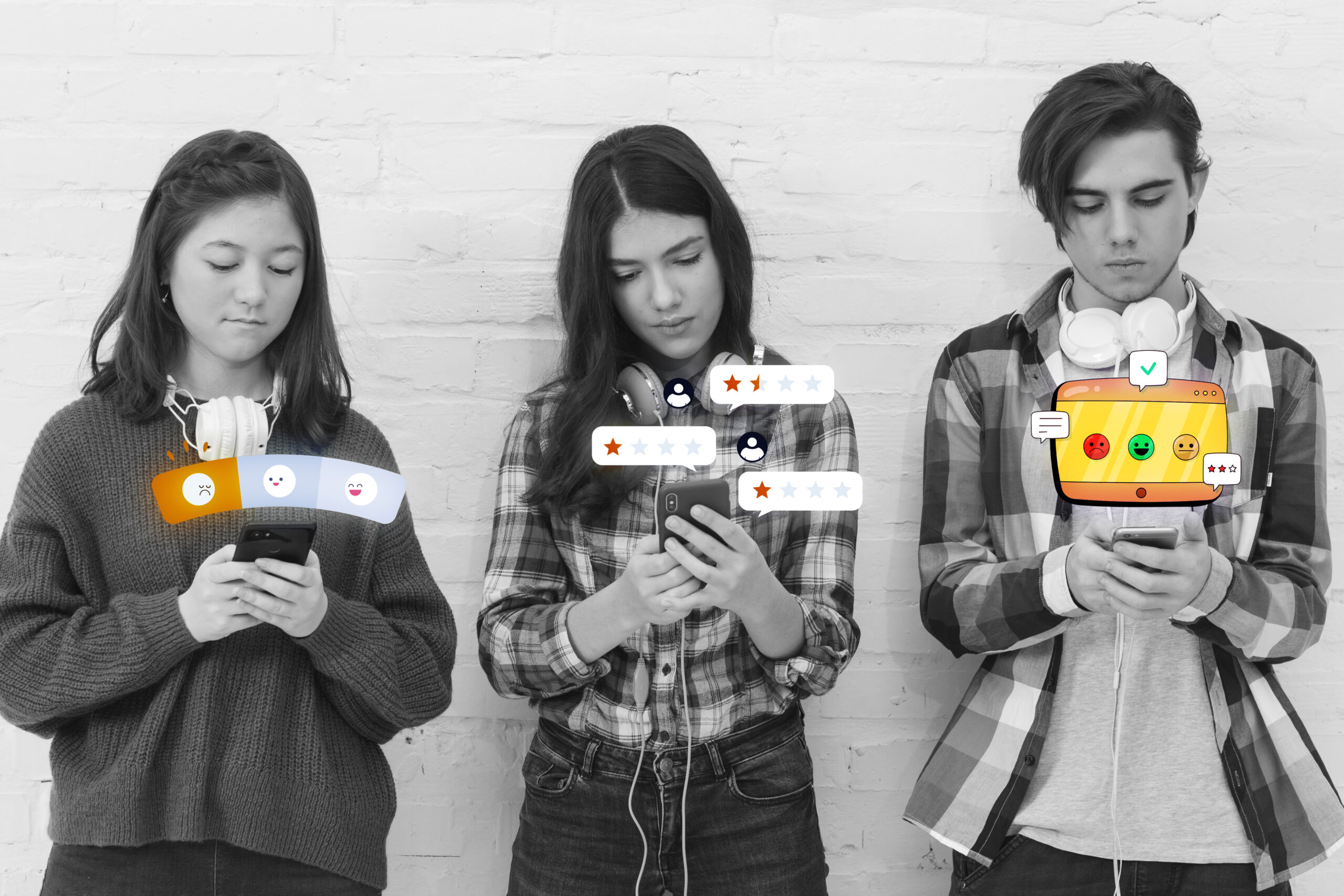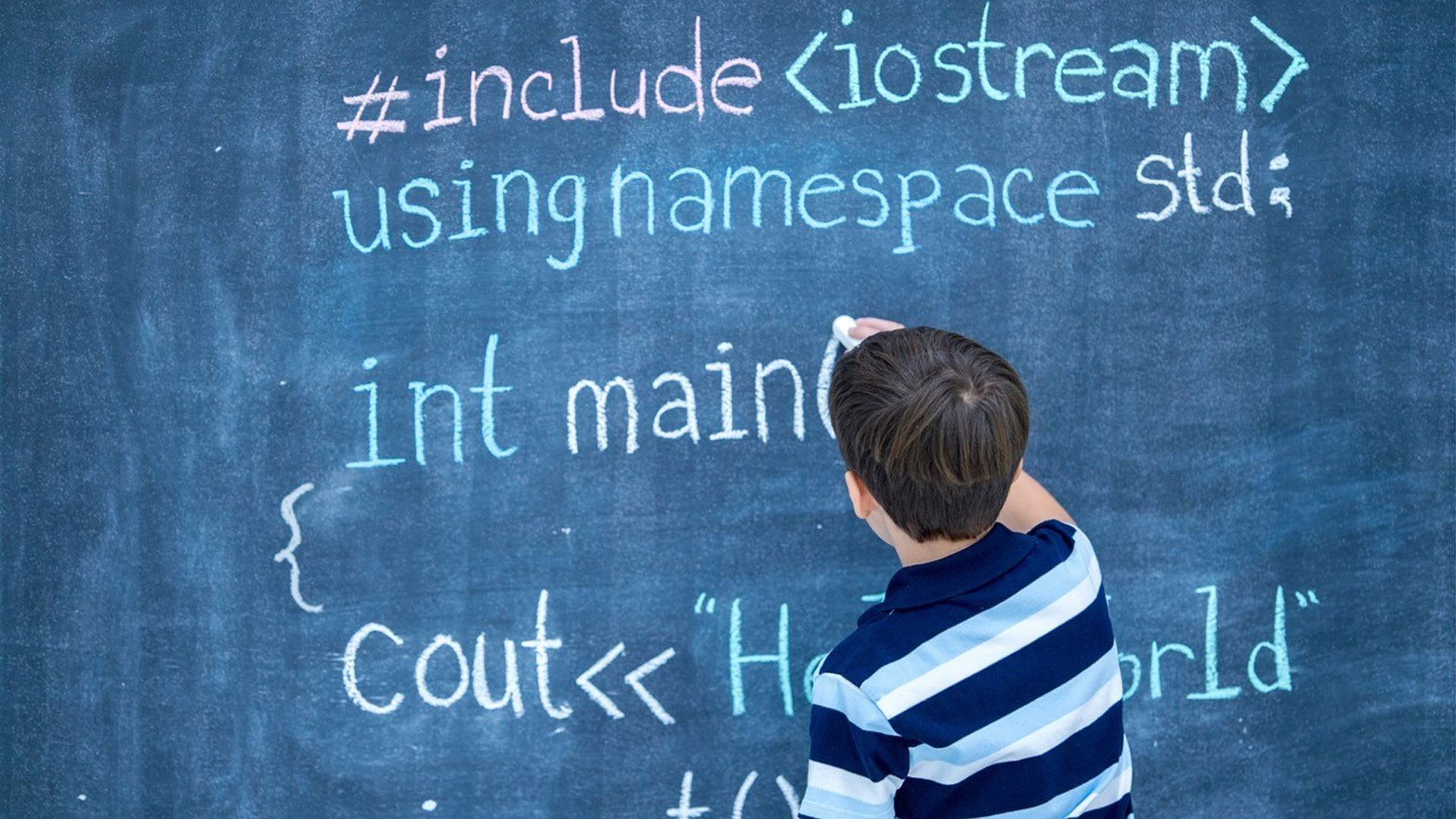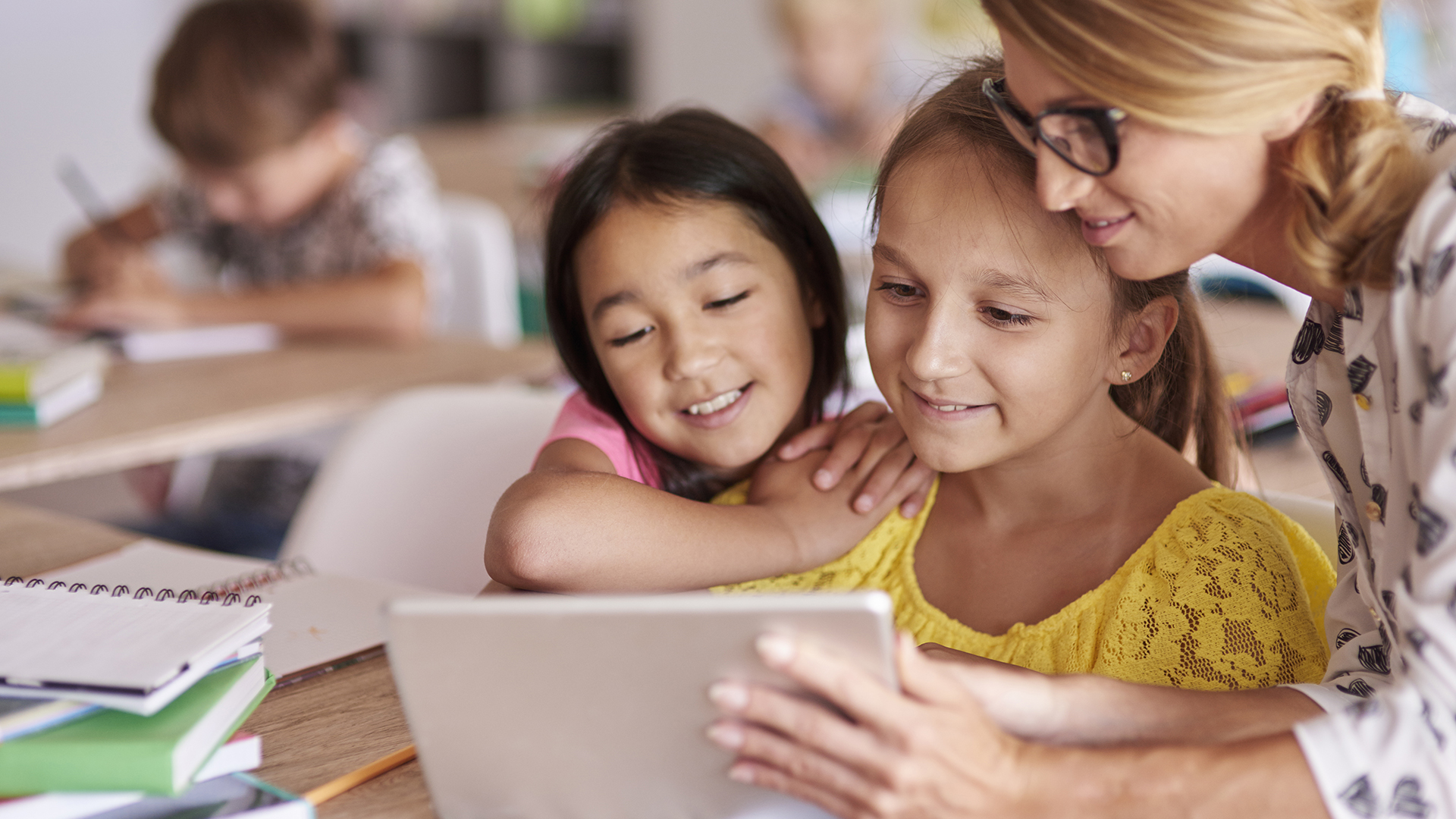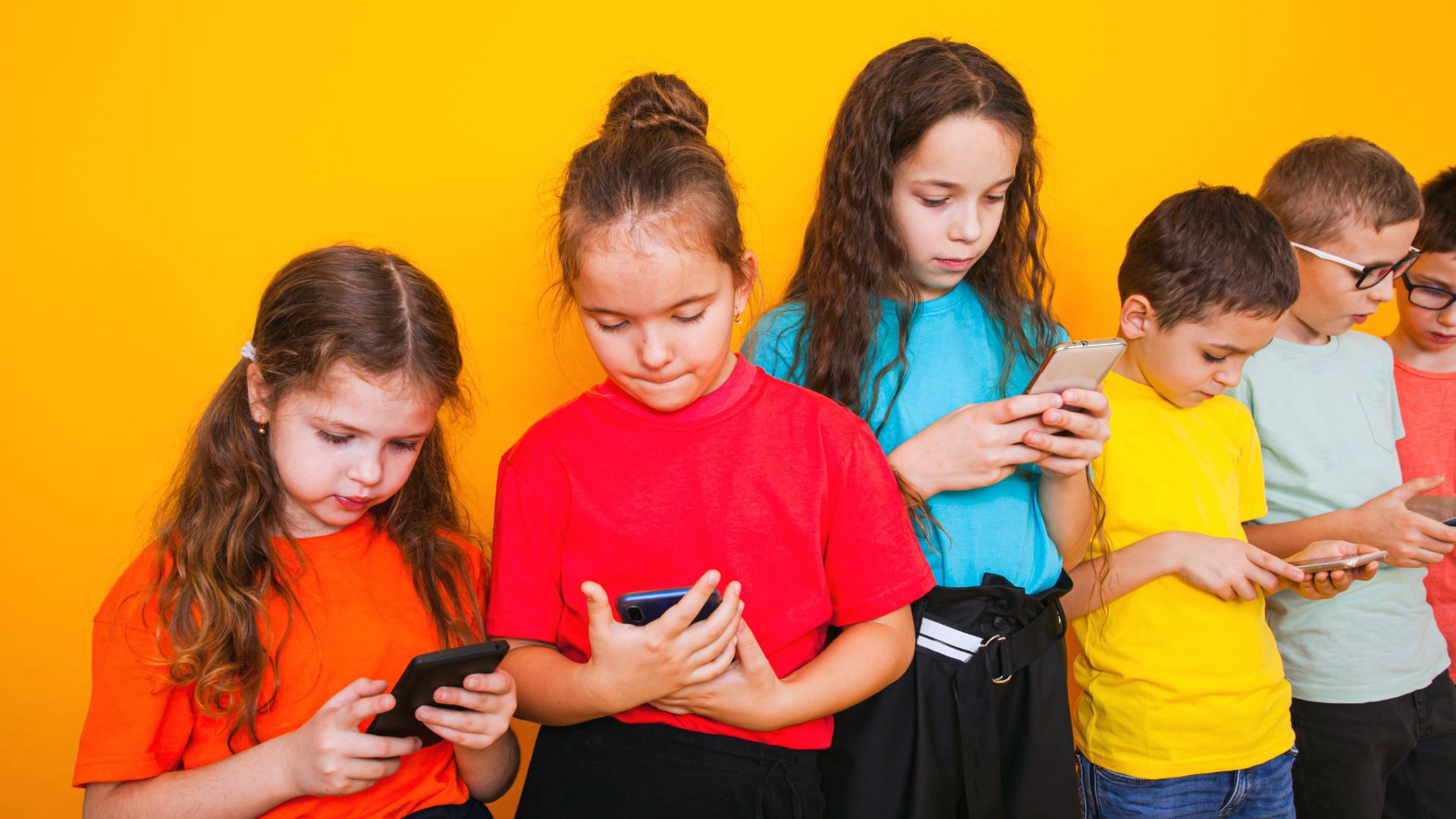Why Warning Labels on Social Media Won’t Teach Kids to Make Smarter Choices
Pam Rutledge2024-07-01T12:22:22-07:00Digital literacy, not fear-based restrictions, is needed to help kids build safe and healthy relationships with technology. KEY POINTS Social media is here to stay; let’s prepare kids to handle the digital world, not shield them from it. Kids need guidance, skills, and a chance to practice so they can develop healthy relationships with technology. Hyperfocusing on social media diverts resources needed to address the scarcity of mental health professionals needed to help teens struggling now. Surgeon General Murthy's call for warning labels on social media has ignited heated discussions all over the Internet. In the face of all this [...]









